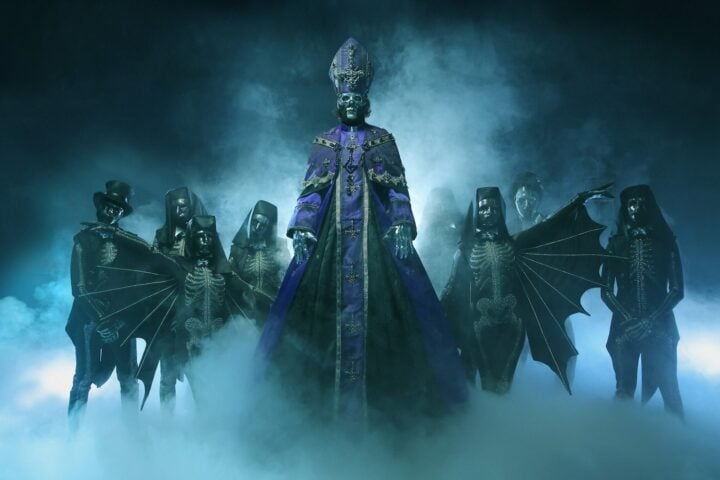Some oddly deconstructed influences pop up on Pulp’s first album in 23 years.
The singer embraces, albeit wistfully, the pleasures of stability throughout the album.
There’s little to no mystique to the album’s stories of spiritual crisis.
A range of genres is complemented by lush production and creeping dissonance.
The unease running through the album is finally answered by the reward of love.
The album captures the feeling of looking at oneself through a distorted mirror.
The singer attempts to illustrate how grim being a woman can be with mixed results.
The album defies easy categorization, which ultimately offers a welcome challenge.
The album draws its power from its ability to keep multiple balls in the air.
While the former Low singer avoids plumbing the deepest wells of his grief, its presence is impossible to miss.
If ever an album resisted sinking into algorithmic complacency, this is it.
The band’s newfound reflectiveness comes at the expense of urgency.
The album’s braggadocio is countered by the enthusiasm that the rapper brings to it.
In the end, the album’s serenity belies an intense human longing.
The album locates a middle ground between dark emotions and finding a way out of them.
The album is preoccupied with the bleak reality that remains after the credits roll.
The rapper uses his experience as both an example and a cautionary tale.
The album reflects both the singer’s dedication to the genre and his desire not to be confined by it.
If the band sticks too closely to familiar sonic territory, it is, at least, one that they’ve mastered.
The band creates an undercurrent of anxiety with mismatched rhythms, drum fills, and subtle dissonance.



















